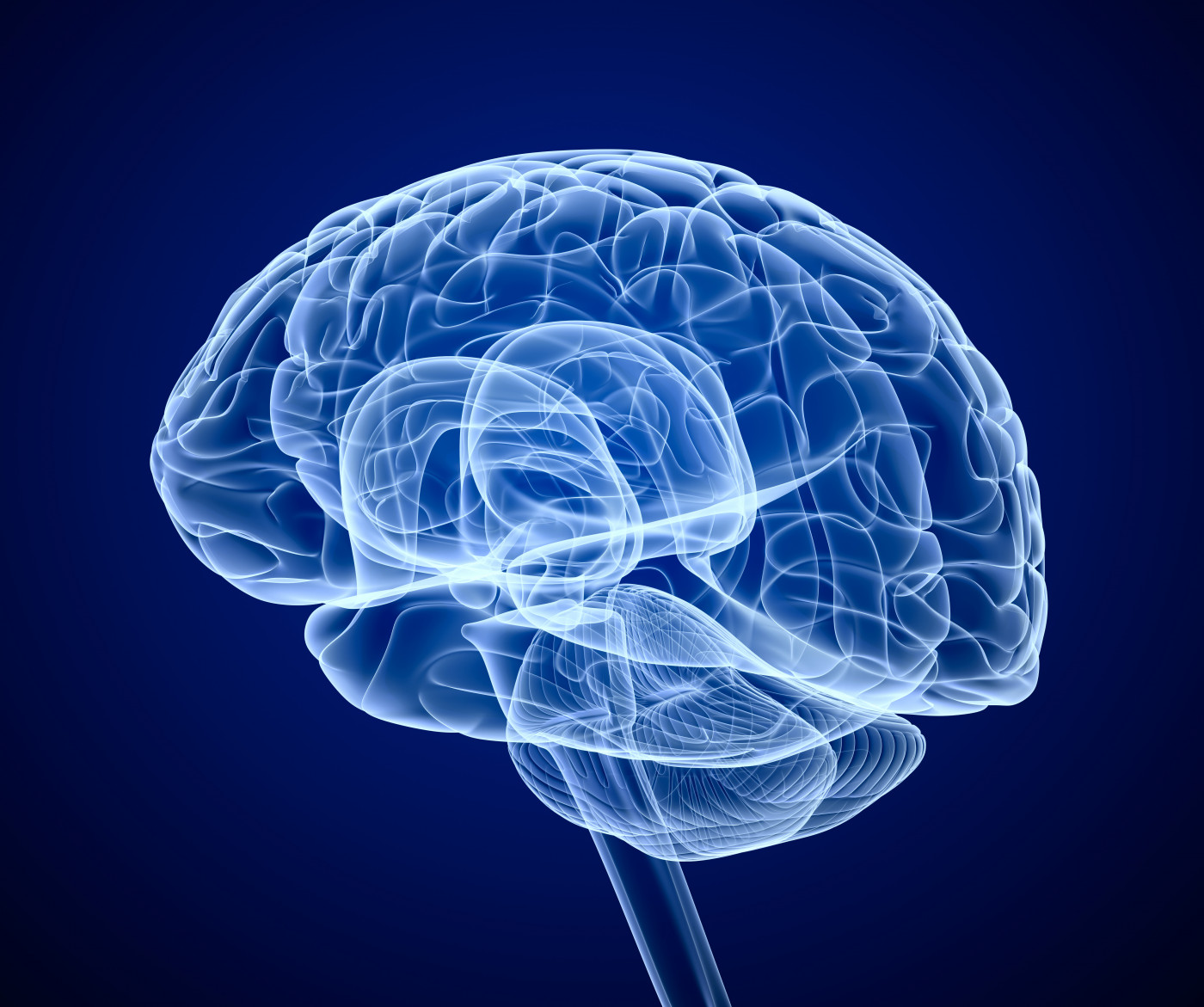Remicade Treatment Appears to Benefit Patients with Neurosarcoidosis, Study Finds
Written by |

Treatment with Remicade (infliximab) in neurosarcoidosis patients is associated with favorable imaging and clinical treatment responses, new research shows.
The study, “Infliximab for the treatment of CNS sarcoidosis,” was published in the journal Neurology.
Neurosarcoidosis occurs in about 5% to 15% of patients with sarcoidosis and can be associated with higher rates of morbidity. Generally, patients are treated with steroids; however, the doses that are necessary to achieve and sustain an optimal response can be prohibitive due to disease severity or the toxicity of the drugs.
Immunosuppressive treatments that don’t involve steroids have also had variable success in patients with this disease. Unfortunately, randomized clinical trials on patients with sarcoidosis in the central nervous system (CNS) have not been conducted.
Remicade is a monoclonal antibody against the tumor necrosis factor-alpha (TNF-alpha), which is a factor involved in the inflammatory response. Remicade has emerged as a new neurosarcoidosis treatment, including patients who have refractory (unresponsive) disease.
The use of Remicade in neurosarcoidosis has not been studied in more than a single patient or a small case series. Therefore, researchers from six centers in the United States gathered to retrospectively analyze patients with neurosarcoidosis who received treatment with Remicade. Patients with both definite and probable neurosarcoidosis diagnoses were assessed in the study.
In total, researchers analyzed 66 patients with CNS sarcoidosis (27 with definite, and 39 with probable diagnosis) treated with Remicade for a median of 1.5 years. Sarcoidosis was isolated to the central nervous system in 19.7% of the patients.
MRI results showed a favorable treatment response in 82.1% of the patients. There was complete remission of active disease, according to the MRI in 51.8%, and partial MRI improvement in 30.1% of the patients. One patient exhibited a worsened MRI condition after treatment.
Clinically, 77.3% of patients demonstrated improvement, with 28.8% demonstrating complete neurologic recovery, 48.5% showing partial improvement, 18.2% demonstrating clinical stability, and 3% showing a worsened condition.
In cases in which Remicade treatment was discontinued, which occurred in 16 patients out of the 66, nine of the 16 patients experienced disease recurrence.
“Most patients with CNS sarcoidosis treated with infliximab [Remicade] exhibit favorable imaging and clinical treatment responses,” the researchers said.
“Studies will be needed to determine the comparative risk of infliximab to other disease-modifying agents in neurosarcoidosis and what dose, frequency, and treatment combinations are optimal for neurosarcoidosis,” the team added.





